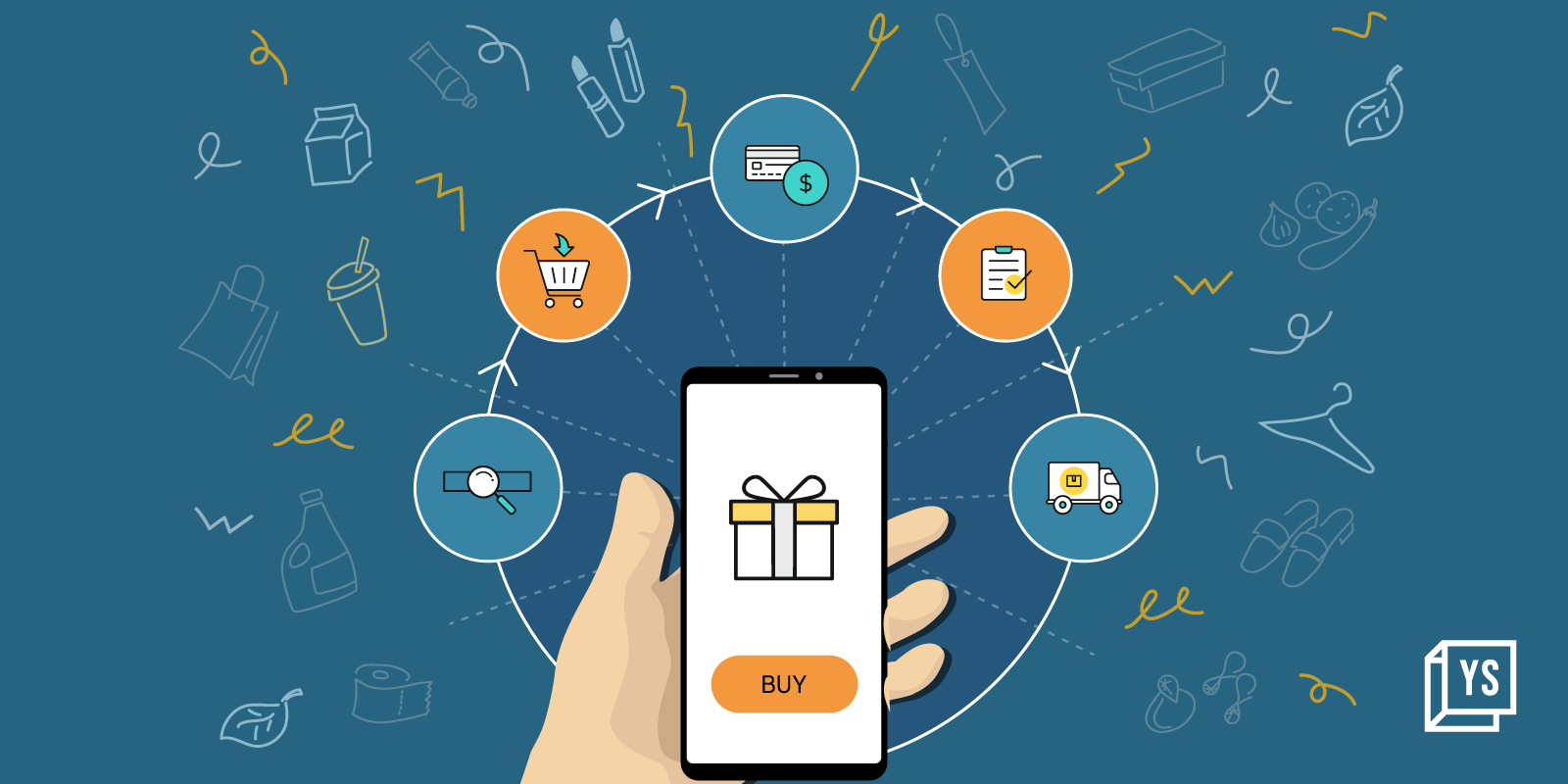
Imagine this: It’s a busy Wednesday afternoon and you’re seated at your desk, immersed in work. A sudden craving for a delectable snack hits you—a rich, cocoa-infused energy bar that never fails to lift your spirits. But instead of rushing to the nearest store during your break, you reach for your device and tap into your favourite snack brand’s app. A few clicks later, you’ve successfully subscribed to a weekly delivery of these energy bars, ensuring that your cravings will always be satisfied without interruption.
Among the various innovative approaches adopted by the retail industry, subscription-based services have gained much popularity among consumers. With consumers’ increasingly hectic lifestyles, their shopping routines are prioritized by convenience and tailored experiences.
From curated beauty boxes to gourmet snack samplers, the allure of receiving a regular supply of tailored products at one’s doorstep has captivated modern consumers. The conventional practices of purchasing groceries, snacks, and gourmet delicacies are transforming as consumers gravitate towards tailored and expedient subscription-based services.
But why are consumers gravitating towards subscription-based services or snacking? Let us unfold the factors influencing subscription-based services’ popularity below:
Convenience redefined
The exceptional convenience subscription snacking offers is undoubtedly one of its most appealing features. Over 30% of consumers of all ages today prefer ordering groceries online because it is more convenient, according to a 2022 report by McKinsey.
Consumers today seek seamlessness in their shopping experiences, and D2C models are delivering precisely that. For instance, customers can browse online catalogues instead of searching the aisles of stores, select their go-to snacks, and have them shipped conveniently to their homes, eliminating the need for physical travel, long queues, and decision fatigue. Traditionally, purchasing snacks involved browsing supermarket aisles, but the digital age has reshaped these habits.
Snacking has become a focal point for D2C disruption as a ubiquitous indulgence, and the ability to have a curated selection of snacks delivered regularly perfectly aligns with this desire for hassle-free indulgence. As per a study conducted by Statista, 57% of respondents subscribed to a subscription box service because it saved them time.
In a world where people firmly believe that time is precious, the convenience of receiving curated products at one’s doorstep is an irresistible offer.
<figure class="image embed" contenteditable="false" data-id="524989" data-url="https://images.yourstory.com/cs/2/a9efa9c02dd911e9adc52d913c55075e/Egrocerygrowth-04-1623062669976.png" data-alt="E-grocery" data-caption="
Image Credit: Stockphoto
” align=”center”> Image Credit: Stockphoto
.thumbnailWrapper
width:6.62rem !important;
.alsoReadTitleImage
min-width: 81px !important;
min-height: 81px !important;
.alsoReadMainTitleText
font-size: 14px !important;
line-height: 20px !important;
.alsoReadHeadText
font-size: 24px !important;
line-height: 20px !important;

Power of data and analysis for customisation
Subscription-based snacking’s popularity can be attributed to both its reliance on data-driven personalisation and its capacity to sway consumers’ choices regarding their health. In the modern snacking and retail landscape, data analytics plays an important role as it helps track and monitor customer behaviour, translate vast user data into strategic assets and forecast future trends allowing businesses to modify their offerings based on customer preferences.
Snack brands leverage data to gain insight into consumer habits, purchasing patterns and engagement metrics to provide a more personalised experience to their customers. With each subscription box, brands can collect data on consumer preferences. However, leveraging this data effectively without encroaching on privacy boundaries is a delicate balance.
Era of sustainable consumption
As consumers become more conscious of their environmental footprint, D2C snack brands are stepping up to address these concerns; for instance, most brands are reducing single-use plastics and using portion-controlled packaging to reduce food wastage.
D2C models often prioritise eco-friendly packaging and sourcing practices, aligning with the values of environmentally conscious consumers, making subscription snacking not only a gastronomic delight but also a morally satisfying choice.
Challenges and the road ahead
Consistent and appealing user experience design, individualised messaging, maintaining relevance, personalisation, data privacy and security, building and retaining trust and managing complex supply chains are just some examples of the many obstacles the sector faces.
What attracts customers to subscriptions is the price point or the convenience of having their basics and favourite snacks delivered regularly to their doorstep. As subscription is a long-term commitment, trust and loyalty can help companies address a few of the immediate challenges. For instance, to win consumers’ trust and earn loyalty brands can offer flexible payment and cancellation plans. Another way is by focusing on value-driven services by meticulously curating subscription boxes to resonate with their customer and surpass their expectations.
In the grand tapestry of consumer habits, subscription snacking stands out as a testament to the transformative power of D2C models that redefined how we snack, purchase, and interact with brands.
As today’s consumers increasingly seek convenience, personalisation, and meaningful and long-lasting connections with brands, subscription snacking exemplifies how D2C brands are orchestrating a harmonious blend of technology, data analytics, and consumer psychology to create experiences that transcend transactional relationships.
As traditional retail adapts and D2C models mature, one thing is clear: subscription snacking is not just a passing trend but a reflection of the changing tides and evolving dynamics of consumer behaviour and retail practices.
(Manas Madhu is the Co-founder of Beyond Snack, a plant-based savoury snacks brand.)
Edited by Kanishk Singh
(Disclaimer: The views and opinions expressed in this article are those of the author and do not necessarily reflect the views of YourStory.)







![Read more about the article [Startup Bharat] These edtech startups are bridging the education gap in non-metro cities](https://blog.digitalsevaa.com/wp-content/uploads/2022/03/WhatsAppImage2022-03-01at19-1646144150612-300x150.jpeg)


